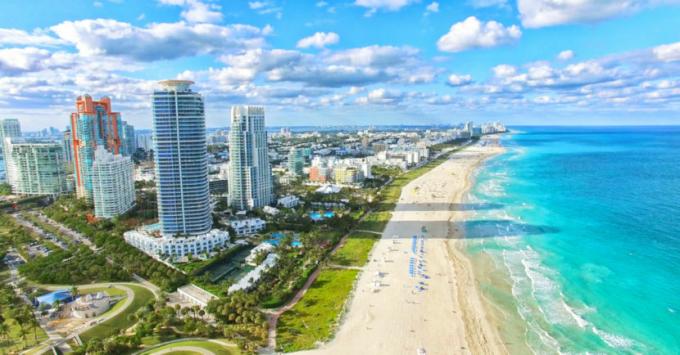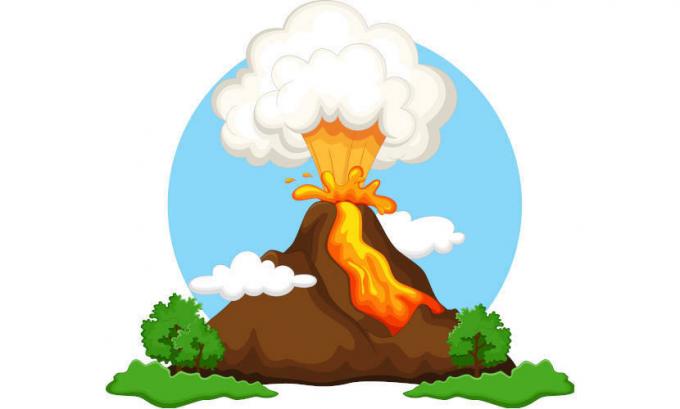A contemporary national state has the principle of realizing political and military sovereignty within a determined territory delimited by borders that define when one territory ends and another begins.
The national state is also called the nation-state, it takes into account the people who live in the territory and who have characteristics unique according to their identity (language, religion, currency, country anthem, etc.) cultural, historical, ethnic, put into practice within the state.
Nation-states, or countries themselves, emerged mainly at the end of the 18th century and the beginning of the 19th century. They were formed from the original and/or classic industrialization process with a mechanism for dividing the international geographic space, establishing a new political and spatial configuration, all this is the result of the bourgeoisie and industrial revolution that contributed to protect the market of a certain territory.
In this context, those who did not carry out market protection measures would be unable to compete with British products, so it was necessary to close the market. Market protection should not be limited to just checking borders, or taxing products, more than that, it was necessary to build feelings of love for the country (nationalism) in its people.
Nationalism and/or patriotism started to be developed through various means, as the school was public and mandatory it managed to achieve a great number of children, the armed forces previously constituted by mercenaries started to accept only people of the same language and with affinity with the country, others ways of consolidating the nationalist feeling were portrayed in literary works, folklore, traditions, cuisine, commemorative dates, ways of dressing and etc.
The conception of the national state caused divergences between kings and emperors, in the 16th and 17th century, in the 19th century between church and nation, and between feudal lords and the state.
After the conflicts, the state was consolidated, overcoming the ideologies and interests of the church and feudal lords, thus promoted the centralization of power, and this gave the right to representation of the nation.
Even with the political victory of the Nation-State, there are still countries that do not have a hegemony of nationality and language, such as, for example, Canada, Switzerland, Russia, among others.
Do not stop now... There's more after the advertising ;)
Eduardo de Freitas
Graduated in Geography
Brazil School Team
General geography - geography - Brazil School
Would you like to reference this text in a school or academic work? Look:
FREITAS, Eduardo de. "Emergence of National States"; Brazil School. Available in: https://brasilescola.uol.com.br/geografia/como-surgira-os-estados-nacionais.htm. Accessed on July 27, 2021.



